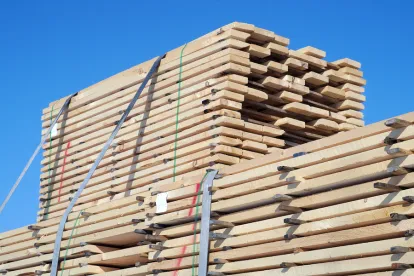West Virginia’s “innocent seller” statute, an added provision to W.Va. Code § 55-7-31, was signed into law on April 26, 2017. With certain exceptions, such as the failure of a product to conform to an express warranty, the statute protects/limits product liability actions against “innocent” product sellers (those who did not create the product defect) in product liability lawsuits involving products sold on or after July 6, 2017. The “innocent seller” defense has yet to be implicated in any reported case by the West Virginia Supreme Court involving retailers, dealers and other non-manufacturing sellers.
By comparison, the Supreme Court of the State of Mississippi, in Holifield v. City Salvage, Inc., has recently been called upon to interpret the applicability of the “innocent seller” defense pursuant to the “innocent seller” provision of Mississippi’s product liability statute. The Holifield case involves homeowners’ various product liability claims, including a breach of implied warranty claim, against City Salvage, Inc. alleging at the trial court level that City Salvage, Inc. knowingly sold salvaged or damaged Chinese drywall as new which was commonly known to cause corrosion and serious health problems.
In affirming the trial court’s grant of summary judgment for City Salvage, Inc. pursuant to the “innocent seller” provision of the Mississippi Products Liability Act (“MPLA”), M.C.A. § 11-1-63(h), the Court of Appeals of Mississippi held on February 28, 2017, that: (1) as the supplier of the defective Chinese drywall, City Salvage, Inc. was entitled to the “innocent seller” defense despite the assertion that it knowingly sold salvaged or damaged drywall as new; and, (2) the “innocent seller” provision of the MPLA barred the Holifield’s breach of implied warranty action. The Court of Appeals reasoned: City Salvage, Inc. did not have actual or constructive knowledge of the defective chemical composition of the drywall; the packaging or labeling of the drywall as new had nothing to do with its defective properties; knowing that the drywall was salvaged does not equate to knowing that it was defective; and, this case did not fall within any of the exceptions to Mississippi’s “innocent seller” statute.
On September 28, 2017, the Mississippi Supreme Court granted the Petition for Writ of Certiorari filed by the Holifields. The Holifields’ argument on appeal is that the MPLA “does not abrogate a statutory cause of action for breach of implied warranty as grounds for recovery” and a seller that presumptively commits fraud in the transaction is not entitled to use the “innocent seller” provisions of the MPLA.
Given the infancy of West Virginia’s “innocent seller” statute and the lack of litigation/court interpretation of the same, it will be interesting to see how the Mississippi high court analyzes the “innocent seller” provision of Mississippi’s MPLA, particularly in the context of a breach of implied warranty claim. Stay tuned.



 />i
/>i

